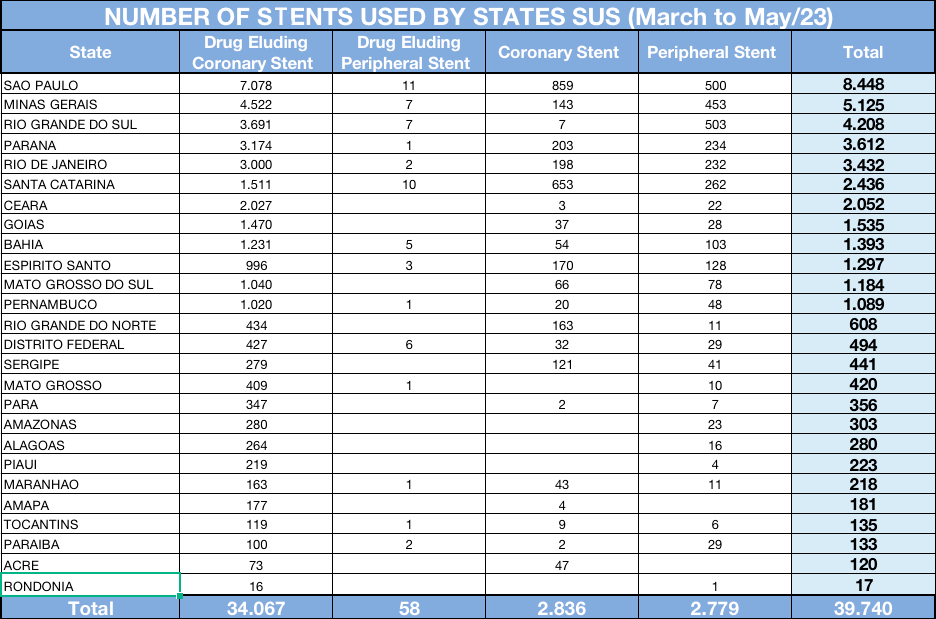UN High-Level Meetings must prioritize medical oxygen to save lives, say world’s leading agencies

Microbiologist Soany Avilez was delighted when she was selected to implement genomic sequencing of the SARS-CoV-2 (the virus that causes COVID-19) in Honduras. In the wake of the pandemic, in 2020, she began working at the National Virology Laboratory performing PCR tests for COVID-19 diagnosis. At that time, genomic sequencing to detect variants of the virus was only being performed outside the country. However, a project to provide Honduras and other countries in the region with the capabilities to sequence in situ and obtain quicker results was underway with technical support from the Pan American Health Organization (PAHO) and financial support from the U.S. Government.
Genomic surveillance provides information on the evolution of viruses and other pathogens as they change over time. Knowing the changes or mutations that can modify their transmissibility and severity can guide public health measures. During the pandemic, it was a key strategy for monitoring the behavior of SARS-CoV-2 and is now being integrated into the surveillance of other pathogens.
Karla Romero, another microbiologist in charge of genomic surveillance, acknowledges that the implementation of sequencing in Honduras has been “a great challenge” that required a lot of “sacrifice and commitment,” both inside and outside the laboratory.







